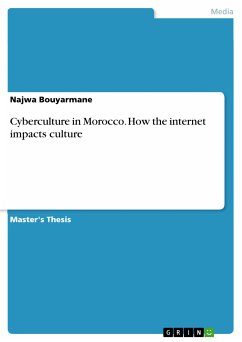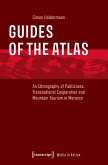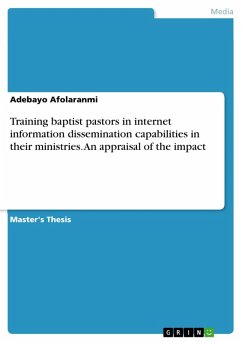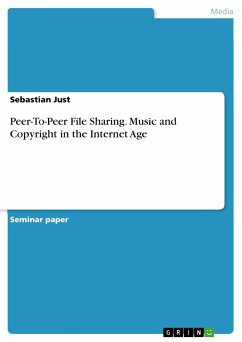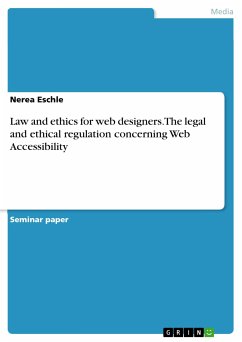Master's Thesis from the year 2008 in the subject Communications - Multimedia, Internet, New Technologies, grade: Cultural Studies, Sidi Mohamed Ben Abdellah University (Faculty of Letters and Human Sciences Dhar El Mehraz Fez), language: English, abstract: The aim of this thesis is to study and analyse cyberculture on the Moroccan society, taking the city of Fez as a case study. Although Morocco is neither a developed nor an industrial country, Moroccan people are updated about new technologies, as this is obvious in the proliferation of cybercafés all over the country. Therefore, the aim of the thesis is to try to answer the following questions: Who are the people who go to cybercafés? Why do they go there? What are they looking for? If they come to talk, or in the Internet jargon “chat” are they aware to whom they are talking? Do they respect their online identities or do they create fake ones? What are the debates which are mostly raised there? This thesis contains two major parts. The first part consists of a review of literature which relates what scientists, philosophers and other researchers have said about the emergence and issue of cyberculture in the world. The review of literature is approached in a critical way. It includes three chapters: popular cyberculture, cyberculture theories and cyberculture studies. The first chapter, popular cyberculture is concerned with the key words on which this research is based, such as: culture, cybercafé, cyberculture, cyberspace and the Internet. The second chapter deals with cyberculture theories, such as: the utopian theory and the virtual theory. Cyberculture studies dealt with in the third chapter includes: virtual communities, virtual identities, virtual bodies, MUDs (Multi-User Domains), features of the language of the cyberspace and gaming on-line, being the major activity online. The second major part of the thesis deals with the data collection and data analysis. The tools used for the data collections are: the questionnaire, the participant and non-participant observation. These will be analysed and interpreted deeply in relation to cyberculture in the Moroccan context, and especially in Fez.
